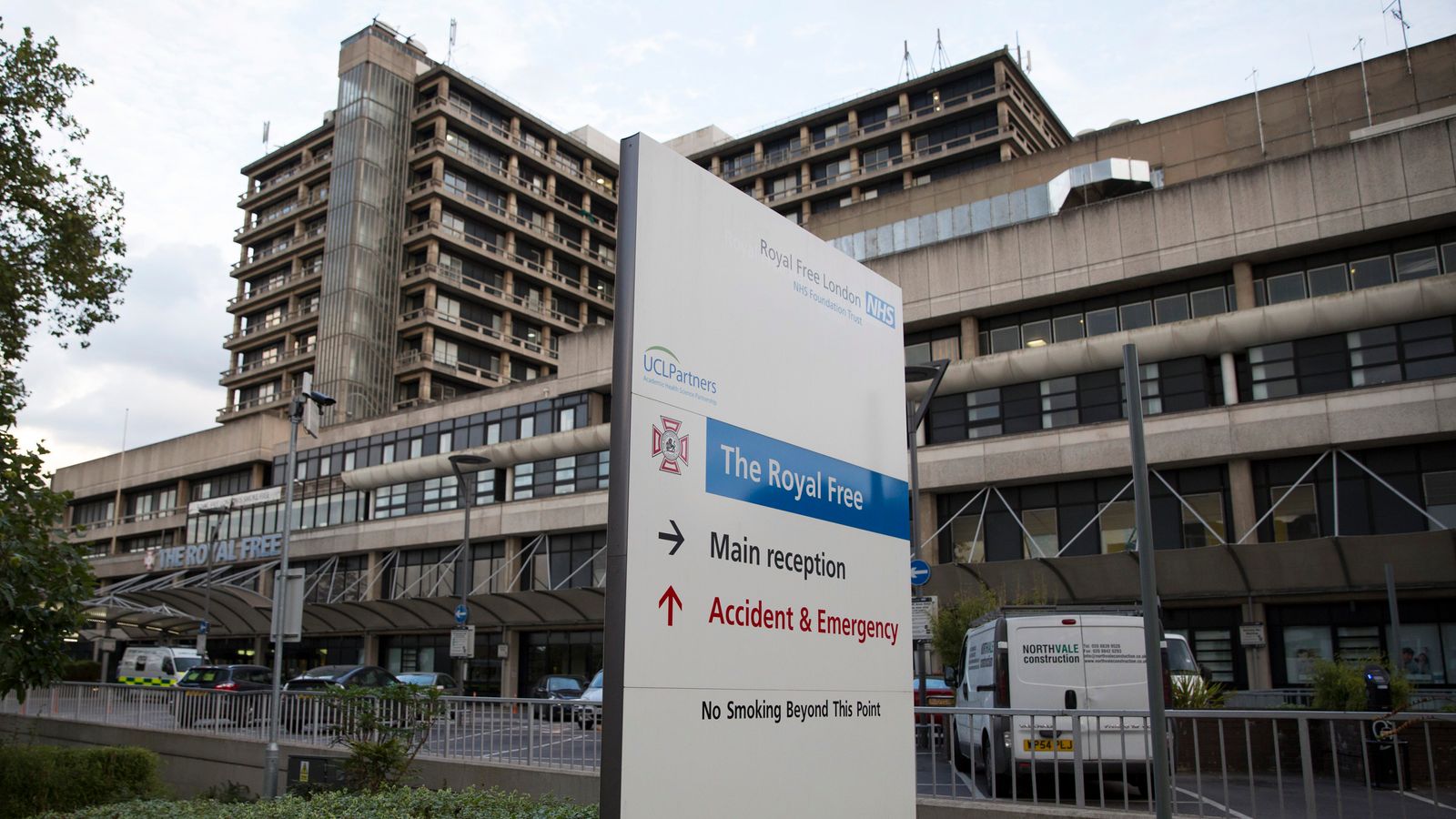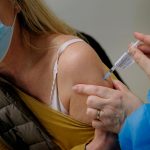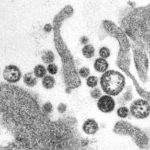Two people in the UK have been diagnosed with Lassa fever – an Ebola-like virus that can cause symptoms like vaginal bleeding and deafness.
Those infected are members of a family that recently returned from west Africa, where the disease is endemic, according to the UK Health Security Agency (UKHSA).
They live in the East of England.
A third relative is suspected of having the disease but is waiting for the results of a confirmatory test.
Lassa fever is usually caught from exposure to food or household items contaminated with the urine or faeces of infected rats.
It can also be transmitted through contact with infected bodily fluids.
This is the first time the disease has been found in Britain since 2009 – and there have only been eight previous cases in the country.
Partygate: More than 50 people to be contacted in Met Police probe – as new picture emerges of Boris Johnson at Xmas quiz
COVID-19: Final coronavirus rules including self-isolating after testing positive could end this month, PM says
COVID news live: Ending isolation a ‘politically motivated punt’; latest daily data revealed; Spain’s rules for Brits ‘crazy’
One of the infected patients has recovered, while the other is being treated at the Royal Free London NHS Foundation Trust.
The third person with a “probable” infection is receiving care at Bedfordshire Hospitals’ NHS Foundation Trust.
There is no evidence of onward transmission from any of the cases.
Dr Susan Hopkins, chief medical adviser at UKHSA, said: “Cases of Lassa fever are rare in the UK and it does not spread easily between people.
“The overall risk to the public is very low.
“We are contacting the individuals who have had close contact with the cases prior to confirmation of their infection, to provide appropriate assessment, support and advice.”
One percent of people infected with the Lassa virus die, according to the World Health Organisation.
About 80% show no symptoms, while others experience a fever with aches and pains that can progress to headaches, vomiting and diarrhoea.
In severe cases there may be facial swelling, fluid in the lung cavity, bleeding from the mouth, nose, vagina or gastrointestinal tract and low blood pressure.
Deafness occurs in 25% of patients who survive the disease.
In half of these cases, hearing returns partially after one to three months.
There are 100,000 to 300,000 Lassa fever cases estimated in west Africa each year.
Dr Sir Michael Jacobs, consultant in infectious diseases at the Royal Free London, said: “People living in endemic areas of west Africa with high populations of rodents are most at risk of Lassa fever.
“Imported cases rarely occur elsewhere in the world.
“Such cases are almost exclusively in people who work in endemic areas in high-risk occupations, such as medical or other aid workers.”





















